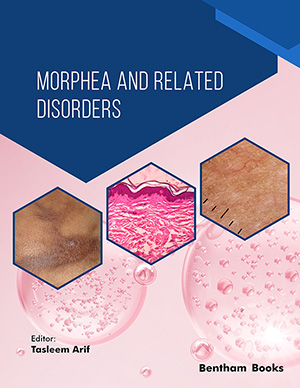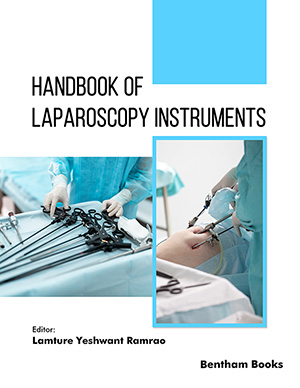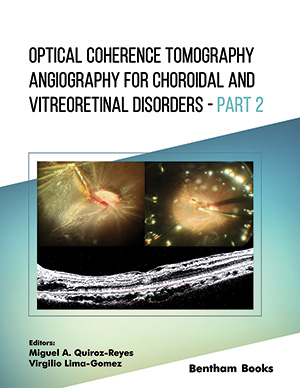Abstract
Objectives: Previous case-control studies have focused on the relationship between ALDH2 gene polymorphism and late-onset Alzheimer's Disease (LOAD), but no definite unified conclusion has been reached. Therefore, the correlation between ALDH2 Glu504Lys polymorphism and LOAD remains controversial. To analyze the correlation between ALDH2 polymorphism and the risk of LOAD, we implemented this up-to-date meta-analysis to assess the probable association.
Methods: Studies were searched through China National Knowledge Infrastructure (CNKI), VIP Database for Chinese Technical Periodicals, China Biology Medicine, PubMed, Cochrane Library, Clinical- Trials.gov, Embase, and MEDLINE from January 1, 1994 to December 31, 2018, without any restrictions on language and ethnicity. Results: Five studies of 1057 LOAD patients and 1136 healthy controls met our criteria for the analysis. Statistically, the ALDH2 GA/AA genotype was not linked with raising LOAD risk (odds ratio (OR) = 1.48, 95% confidence interval (CI) = 0.96-2.28, p = 0.07). In subgroup analysis, the phenomenon that men with ALDH2*2 had higher risk for LOAD (OR = 1.72, 95%CI = 1.10-2.67, p = 0.02) was observed. Conclusion: This study comprehends only five existing case-control studies and the result is negative. The positive trend might appear when the sample size is enlarged. In the future, more large-scale casecontrol or cohort studies should be done to enhance the association between ALDH2 polymorphism and AD or other neurodegenerative diseases.Keywords: Alzheimer disease, ALDH2, gene polymorphism, case-control study, up-to-date, meta-analysis.
[http://dx.doi.org/10.1080/23808993.2017.1286227] [PMID: 28944295]
[http://dx.doi.org/10.3233/JAD-180259] [PMID: 29991138]
[http://dx.doi.org/10.1016/j.yjmcc.2018.04.009] [PMID: 29660306]
[http://dx.doi.org/10.1152/physrev.00017.2013] [PMID: 24382882]
[http://dx.doi.org/10.1016/j.neuro.2018.06.005] [PMID: 29936317]
[http://dx.doi.org/10.1186/s13041-015-0117-y] [PMID: 25910195]
[http://dx.doi.org/10.1073/pnas.1306011110] [PMID: 23940368]
[http://dx.doi.org/10.1155/2015/174050] [PMID: 26491656]
[http://dx.doi.org/10.1006/bbrc.2000.2923] [PMID: 10873585]
[http://dx.doi.org/10.1016/j.jns.2007.12.006] [PMID: 18201725]
[http://dx.doi.org/10.1037/1082-989X.11.2.193] [PMID: 16784338]
[http://dx.doi.org/10.1016/j.neulet.2009.11.022] [PMID: 19914339]
[http://dx.doi.org/10.1017/S0317167100011938]
[http://dx.doi.org/10.1016/S0197-4580(03)00114-3] [PMID: 15123334]
[PMID: 12373863]
[http://dx.doi.org/10.1016/j.neulet.2014.12.033] [PMID: 25529196]
[http://dx.doi.org/10.3233/JAD-2006-9208] [PMID: 16873963]
[http://dx.doi.org/10.1016/S1474-4422(18)30403-4] [PMID: 30497964]
[http://dx.doi.org/10.1523/JNEUROSCI.4956-07.2008] [PMID: 18550766]
[http://dx.doi.org/10.1007/s12640-010-9183-1] [PMID: 20361289]
[http://dx.doi.org/10.1186/s40478-019-0839-7] [PMID: 31829281]
[http://dx.doi.org/10.1111/bdi.12313] [PMID: 26033520]
[http://dx.doi.org/10.1007/s10038-003-0046-y] [PMID: 12905081]
[http://dx.doi.org/10.1196/annals.1293.004] [PMID: 15126281]
[http://dx.doi.org/10.1371/journal.pone.0005639] [PMID: 19503614]
[http://dx.doi.org/10.1017/S0317167100011768]
[http://dx.doi.org/10.1007/s00439-011-1116-4] [PMID: 22102315]
[http://dx.doi.org/10.2174/1567205013666160603005035] [PMID: 27628432]
[http://dx.doi.org/10.3389/fnins.2018.00330] [PMID: 29904334]
[http://dx.doi.org/10.1177/0898264318765034] [PMID: 29661060]
[http://dx.doi.org/10.1111/1467-9566.12731] [PMID: 29659032]
[http://dx.doi.org/10.1007/s10654-017-0225-3] [PMID: 28097521]
[http://dx.doi.org/10.1007/s10142-011-0238-z] [PMID: 21769591]





























